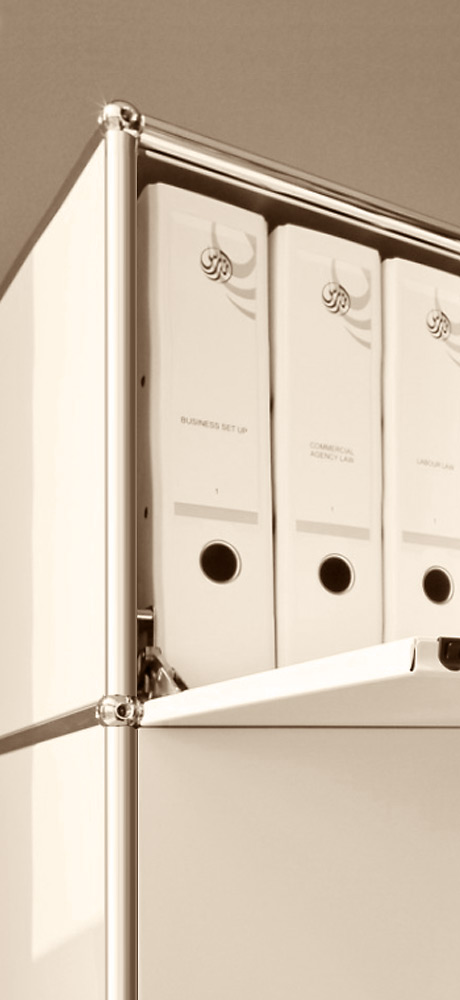Many disagreements or difficulties arising in the course of both residential and commercial tenancies often emerge from situations that could have been tackled before the lease was concluded. Hence, it is essential for both landlord and tenant to do their homework before signing the tenancy contract – and not thereafter.
1. Contractual Partner
In the United Arab Emirates it is common that tenancy contracts are finalized between parties who have never had any direct personal contact with one another. Regularly, real estate agents prepare all the steps necessary. The actual execution of the agreement often takes place by exchanging scanned copies of the signed documents or by granting power of attorney to a representative. Therefore, it is even more essential for both parties to be aware of the identity and contact details of the actual contractual partner. Thus, the communication is simplified considerably in the course of the tenancy, whether it concerns the renewal or termination of the tenancy contract or overcoming problems arising at short-notice, such as necessary repair of the air conditioning unit or household appliances. From the tenant’s point of view, the unmistakable identification of his contractual partner also serves the purpose to determine whether said person is actually the current owner of the property to be rented.
Consequently, a copy of the ownership certificate (so-called Title Deed) as well as copies of the passports of the persons involved or the current licenses of corporate bodies should be exchanged and the originals examined before concluding the tenancy contract. Further, it is advisable to request the complete contact details, especially eMail-addresses, mobile numbers, landline and fax numbers as well as physical addresses. Where a representative is appointed, the originals of his notarized power of attorney and passport should be available and copies thereof taken. Last but not least, it should be kept in mind that any involved real estate agent should be adequately identified and licensed to perform brokerage activities.
2. Rented Property
It is equally important to be informed about the rented property itself. The conclusion of the tenancy contract should always be preceded by a viewing of the property, if possible during various hours of the day to be able to detect potentially disturbing environmental impacts. Additionally, information regarding the amenities and services should be obtained, such as the number of available parking lots, the billing method of utilities as well as the availability and condition of the gym and pool area. Furthermore, it is helpful to inquire with regard to existing house rules or community regulations.
Beyond that the Rental Increase Calculator of the Dubai Land Department should be consulted in order to compare to what extent the rent demanded by the landlord is in accordance with the average rent level in the relevant neighbourhood. As a result, the own scope for negotiations with regard to the rent can be evaluated and the tenant can develop a feeling about whether the landlord might demand a disproportional rent increase upon renewal of the tenancy contract.
3. Tenancy Contract
Generally, a tenancy contract should only be signed after it was possible to closely examine a draft agreement beforehand. To reach clarification on the rights and obligations of the both parties, a tenancy contract should not be solely based on the often used green form sheet but at least contain additional stipulations. Ideally, one should abstain from using the form sheet entirely and utilize a self-contained and valid tenancy contract.
It is recommendable to regulate the situations prone to dispute in the tenancy contract. Such regulations relate in particular to the payment methods of the rent, possibilities to increase the rent and terminate the agreement as well as the amount and refund of the security deposit, type and payment method of utility charges, execution of repairs and maintenance works, permissibility of sublease and keeping of animals as well as particulars regarding waste disposal.
4. EJARI Registration
Ultimately, all tenancy contracts concluded in the Emirate of Dubai should be registered with EJARI. For this purpose, some of the documents mentioned above in section 1 are needed. The registration is not only required, for example, to apply for a telephone connection but also offers the parties the possibility to file a case with the Rental Dispute Settlement Centre at the Dubai Land Department in the event of a dispute.

